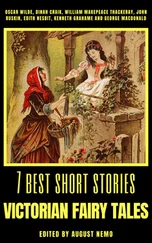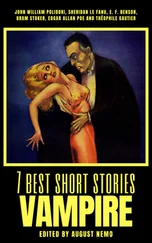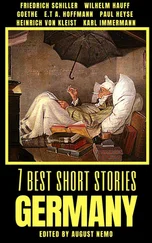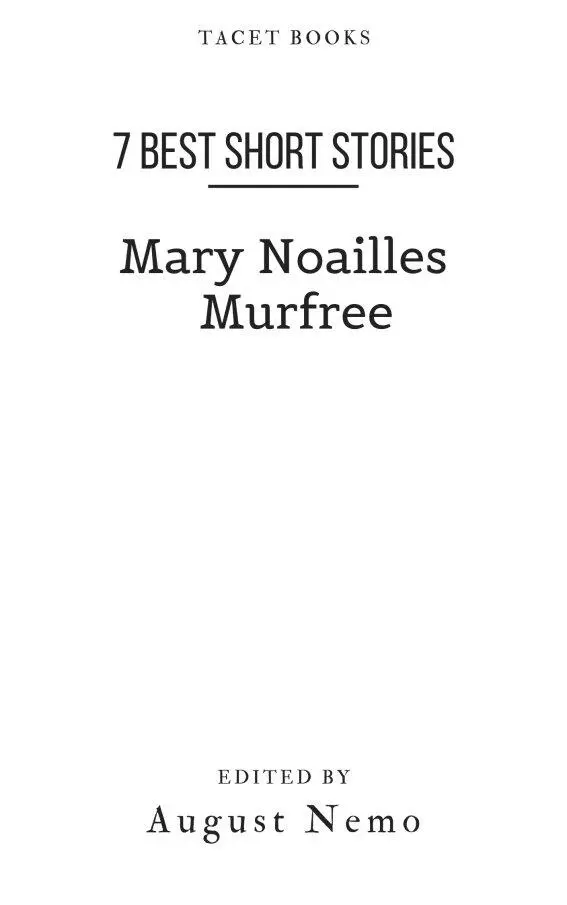
Title Page
The Author
The raid of the guerilla
Who crosses storm mountain?
The crucial moment
Una of the hill country
The lost guidon
Wolf’s Head
His unquiet ghost
About the Publisher


Mary Noailles Murfree (January 24, 1850 – July 31, 1922) was an American fiction writer of novels and short stories who wrote under the pen name Charles Egbert Craddock. She is considered by many to be Appalachia's first significant female writer and her work a necessity for the study of Appalachian literature, although a number of characters in her work reinforce negative stereotypes about the region. She has been favorably compared to Bret Harte and Sarah Orne Jewett, creating post-Civil War American local-color literature.
The town of Murfreesboro, Tennessee, is named after Murfree's great-grandfather Colonel Hardy Murfree, who fought in the Revolutionary War.
Murfree was born on her family's cotton plantation, Grantland, near Murfreesboro, Tennessee, a location later celebrated in her novel, Where the Battle was Fought and in the town named after her great-grandfather, Colonel Hardy Murfree. Her father was a successful lawyer of Nashville, and her youth was spent in both Murfreesboro and Nashville. From 1867 to 1869 she attended the Chegary Institute, a finishing school in Philadelphia.[citation needed] Murfree would spend her summers in Beersheba Springs. For a number of years after the Civil War the Murfree family lived in St. Louis, returning in 1890 to Murfreesboro, where she lived until her death.
Being lame from childhood, Murfree turned to reading the novels of Walter Scott and George Eliot. For fifteen successive summers the family stayed in Beersheba Springs in the Cumberland Mountains of Tennessee, giving her the opportunity to study the mountains and mountain people more closely.
By the 1870s she had begun writing stories for Appleton's Journal under the penname of "Charles Egbert Craddock" and by 1878 she was contributing to the Atlantic Monthly. It was not until seven years later, in May 1885, that Murfree divulged that she was Charles Egbert Craddock to Thomas Bailey Aldrich, an editor at the Atlantic Monthly.[citation needed] Murfree visited the Montvale Springs resort near Knoxville, from 1886. Although she became known for the realism of her accounts, in fact she was from a wealthy family and would have had little contact with the local people while staying at the resorts.
She is buried at Evergreen Cemetery in Murfreesboro.


Judgment day was coming to Tanglefoot Cove—somewhat in advance of the expectation of the rest of the world. Immediate doom impended. A certain noted guerilla, commanding a reckless troop, had declared a stern intention of raiding this secluded nook among the Great Smoky Mountains, and its denizens could but tremble at the menace.
Few and feeble folk were they. The volunteering spirit rife in the early days of the Civil War had wrought the first depletion in the number. Then came, as time wore on, the rigors of the conscription, with an extension of the limits of age from the very young to the verge of the venerable, thus robbing, as was said, both the cradle and the grave. Now only the ancient weaklings and the frail callow remained of the male population among the women and girls, who seemed mere supernumeraries in the scheme of creation, rated by the fitness to bear arms.
So feeble a community of non-combatants might hardly compass a warlike affront calculated to warrant reprisal, but the predominant Union spirit of East Tennessee was all a-pulse in the Cove, and the deed was no trifle.
"'T war Ethelindy's deed," her grandfather mumbled, his quivering lips close to the knob of his stick, on which his palsied, veinous hands trembled as he sat in his arm-chair on the broad hearth of the main room in his little log cabin.
Ethelinda Brusie glanced quickly, furtively, at his pondering, wrinkled old face under the broad brim of his white wool hat, which he still wore, though indoors and with the night well advanced. Then she fixed her anxious, excited blue eyes once more on the flare of the fire.
"Lawd! ye jes' now f'und that out, dad?" exclaimed her widowed mother, busied in her evening task of carding wool on one side of the deep chimney, built of clay and sticks, and seeming always the imminent prey of destruction. But there it had stood for a hundred years, dispensing light and warmth and cheer, itself more inflammable than the great hickory logs that had summer still among their fibres and dripped sap odorously as they sluggishly burned.
Ethelinda cast a like agitated glance on the speaker, then her gaze reverted to the fire. She had the air of being perched up, as if to escape the clutching waves of calamity, as she sat on a high, inverted splint basket, her feet not touching the puncheons of the rude floor, one hand drawing close about her the red woollen skirt of her dress. She seemed shrunken even from her normal small size, and she listened to the reproachful recital of her political activity with a shrinking dismay on her soft, roseate face.
"Nuthin' would do Ethelindy," her granny lifted an accusatory voice, still knitting briskly, though she looked rebukingly over her spectacles at the cowering girl, "when that thar Union dee-tachmint rid into Tanglefoot Cove like a rat into a trap——"
"Yes," interposed Mrs. Brusie, "through mistakin' it fur Greenbrier Cove."
"Nuthin' would do Ethelindy but she mus' up an' offer to show the officer the way out by that thar cave what tunnels through the spur of the mounting down todes the bluffs, what sca'cely one o' the boys left in the Cove would know now."
"Else he'd hev been capshured," Ethelinda humbly submitted.
"Yes"—the ruffles of her grandmother's cap were terrible to view as they wagged at her with the nodding vehemence of her prelection—"an' you will be capshured now."
The girl visibly winced, and one of the three small boys lying about the hearth, sharing the warm flags with half a dozen dogs, whimpered aloud in sympathetic fright. The others preserved a breathless, anxious silence.
"You-uns mus' be powerful keerful ter say nuthin' 'bout Ethelindy's hand in that escape of the Fed'ral cavalry"—the old grandfather roused himself to a politic monition. "Mebbe the raiders won't find it out—an' the folks in the Cove dun'no' who done it, nuther."
Читать дальше
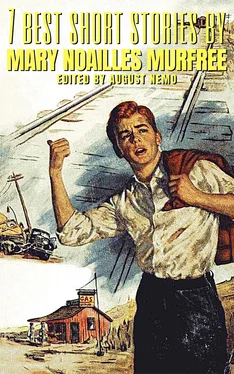





![Коллектив авторов - Best Short Stories [С англо-русским словарем]](/books/26635/kollektiv-avtorov-best-short-stories-s-anglo-thumb.webp)


